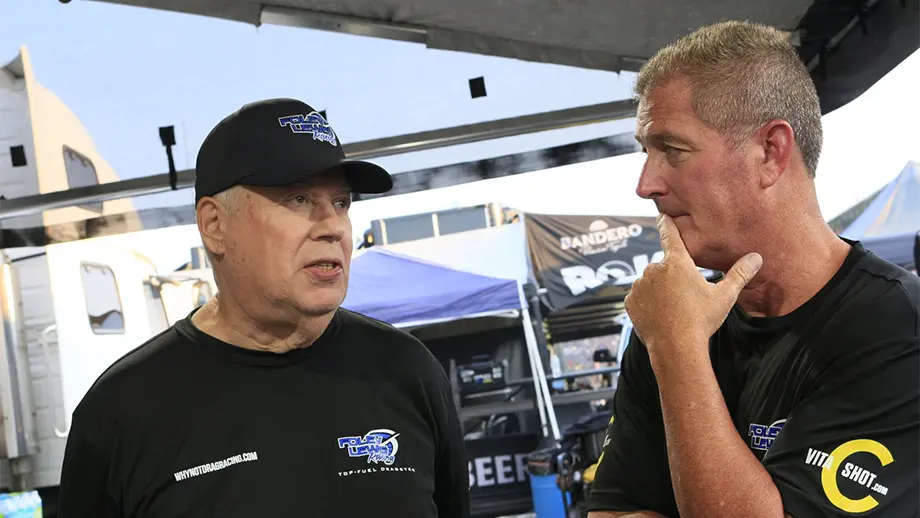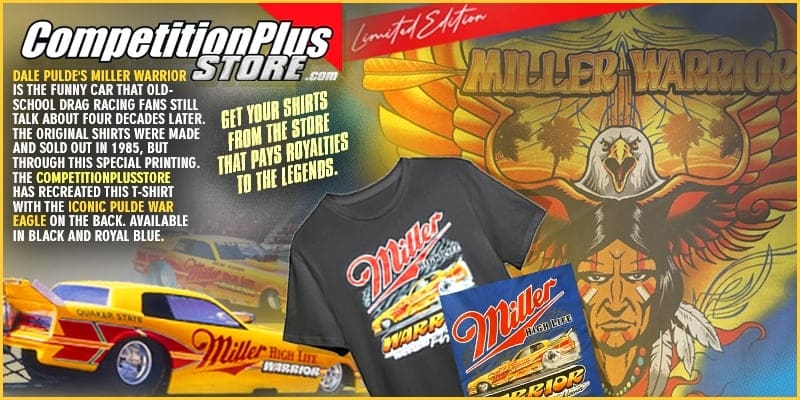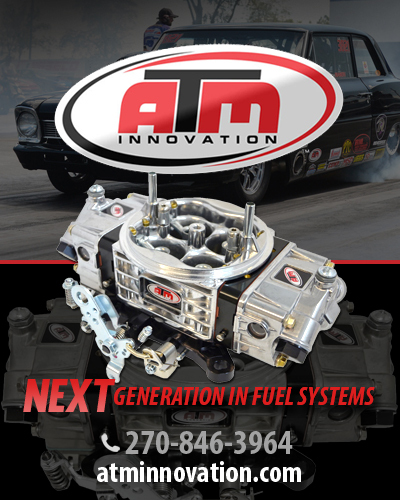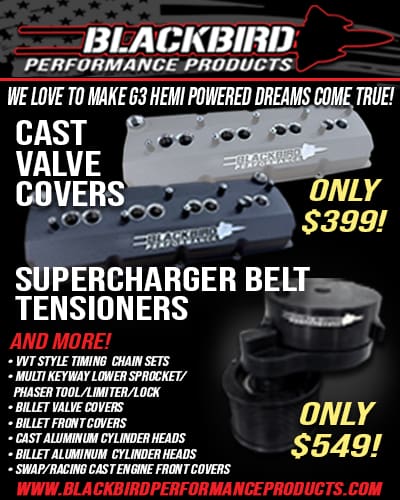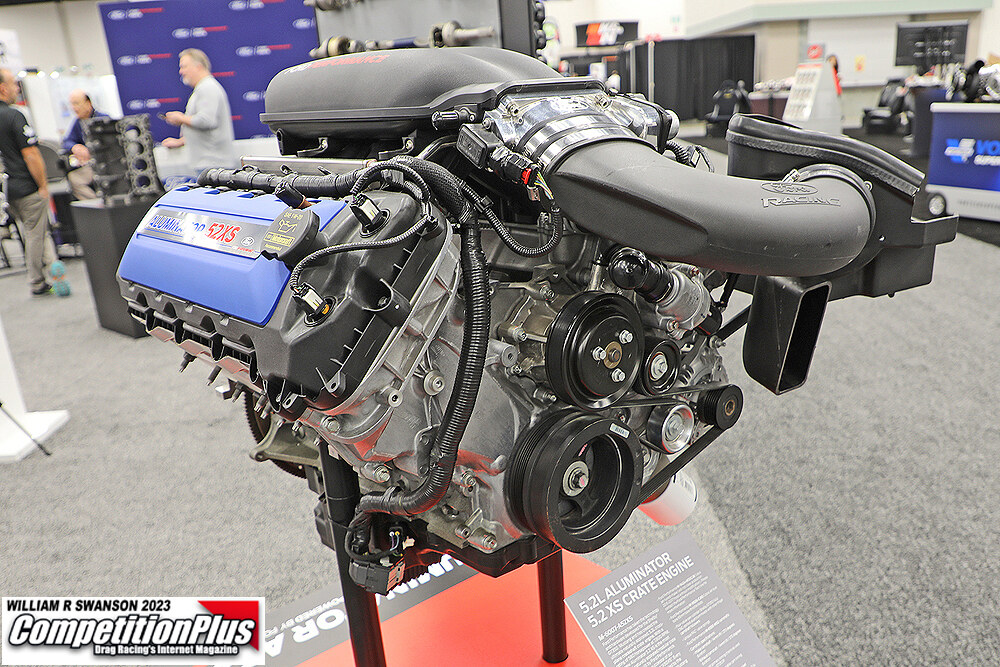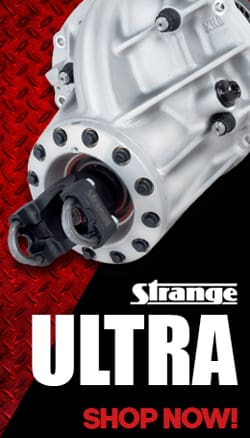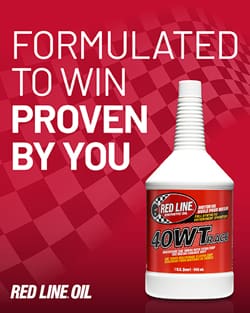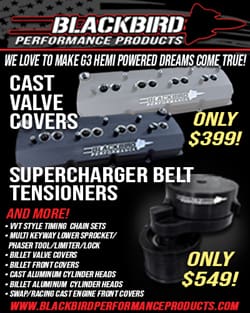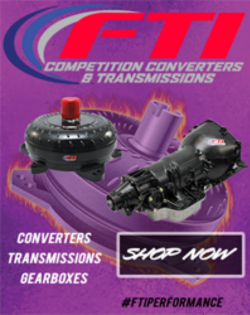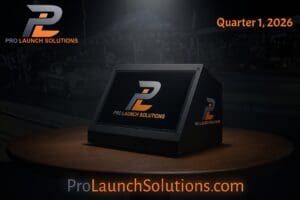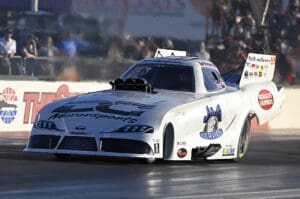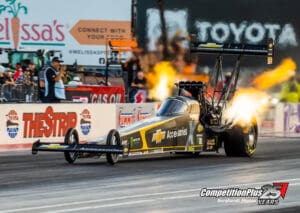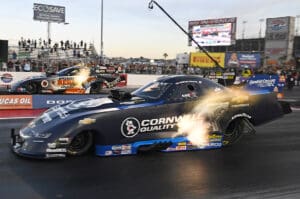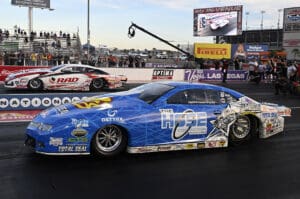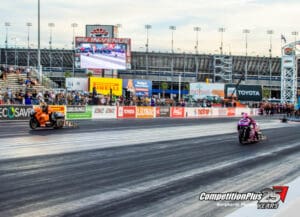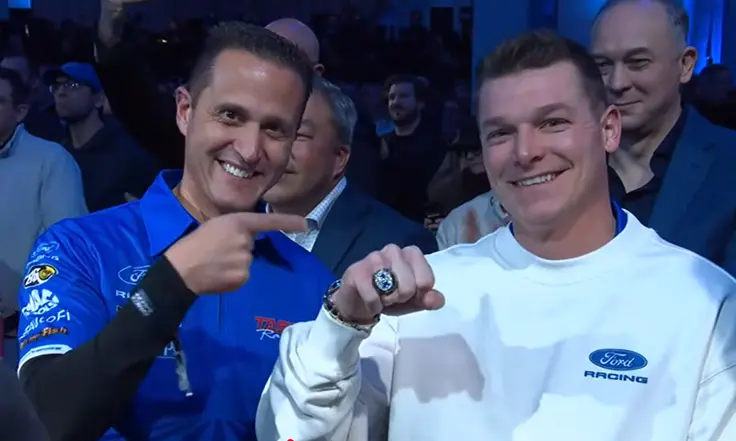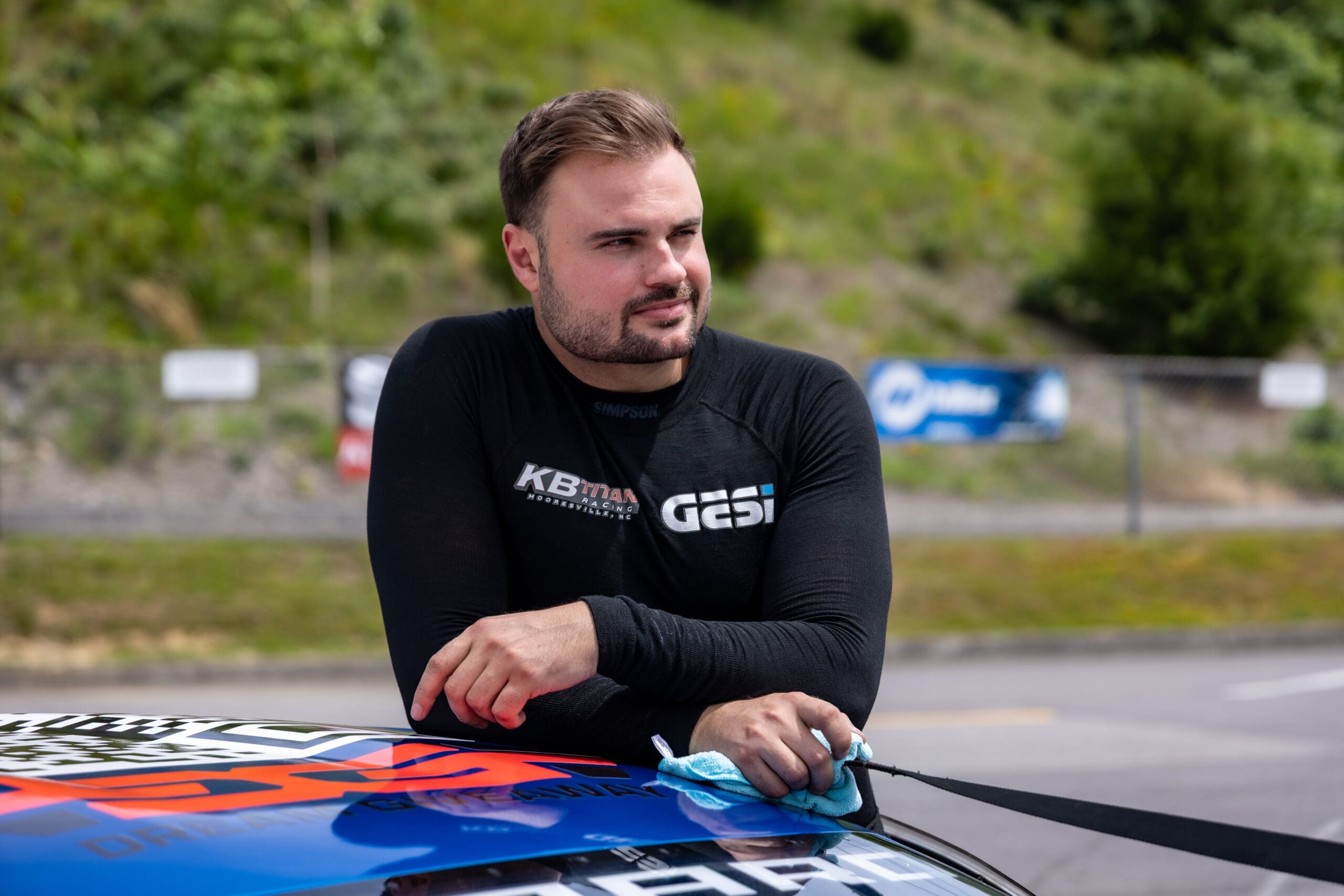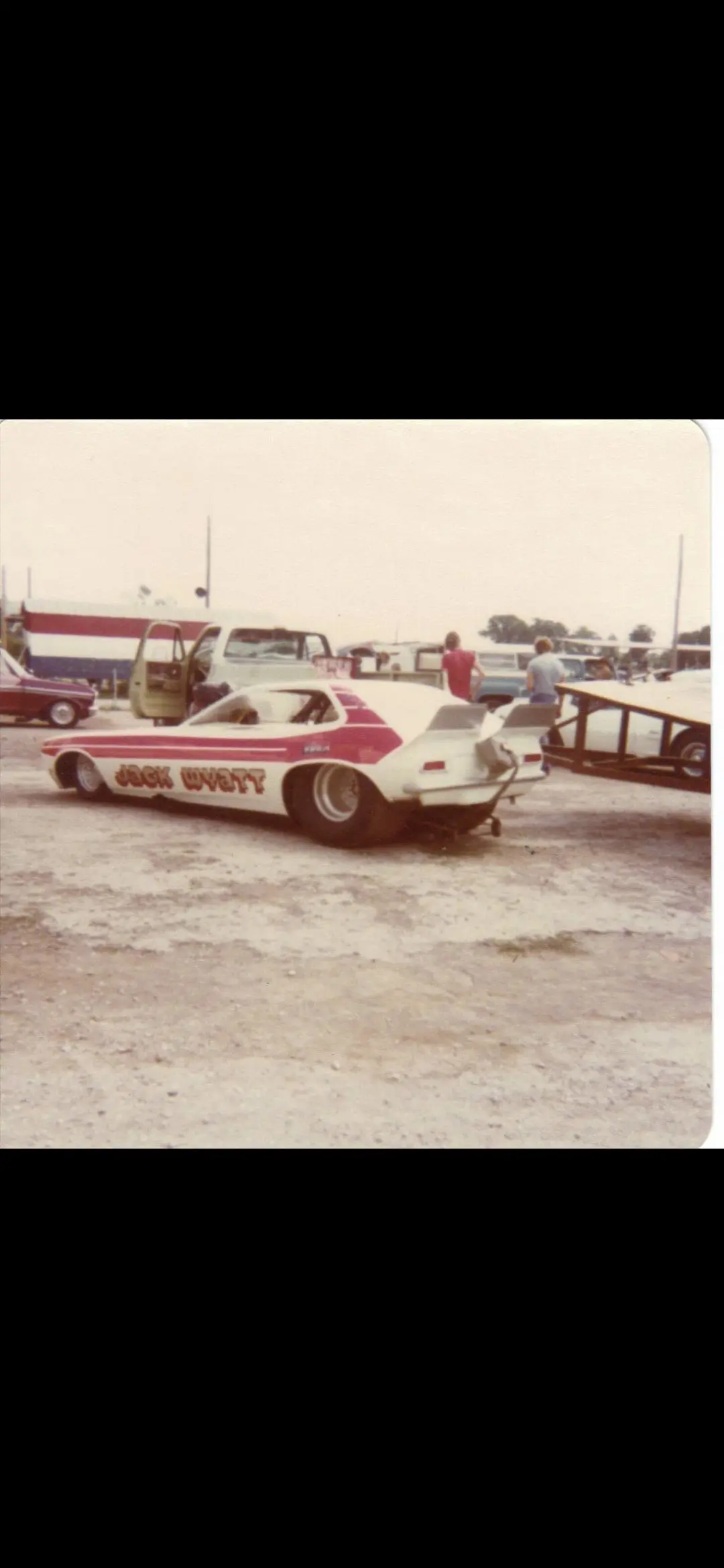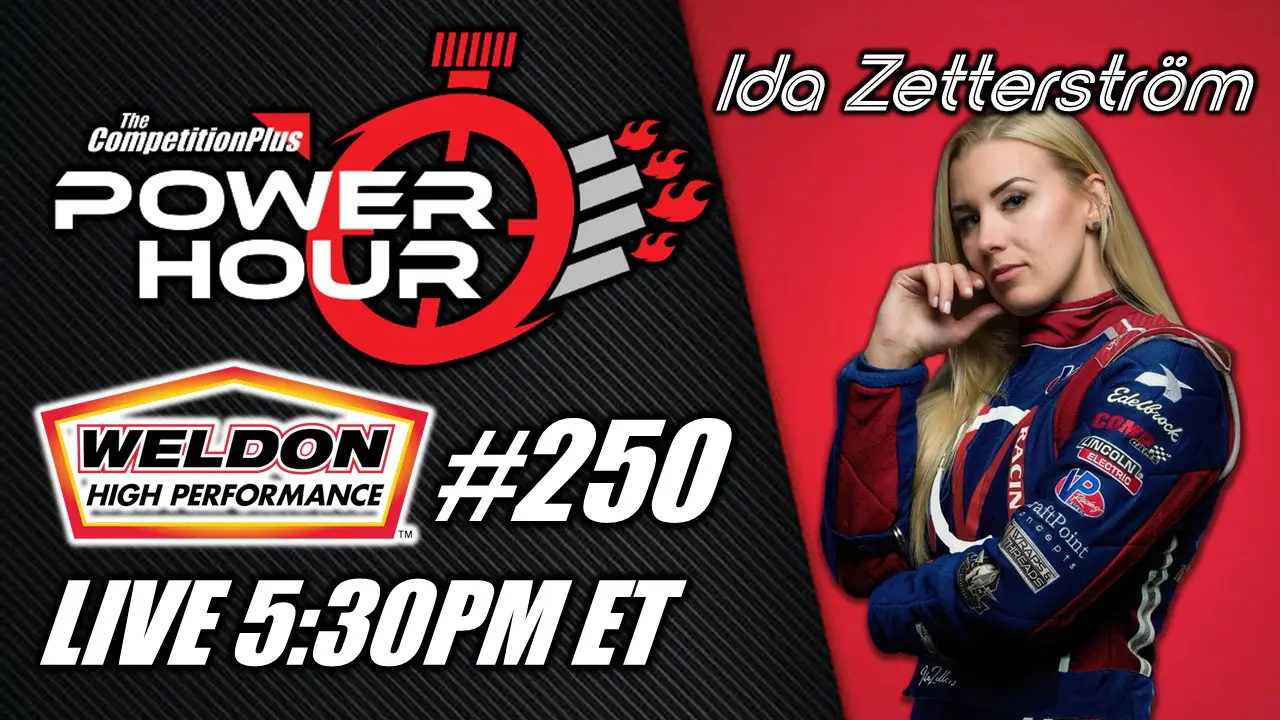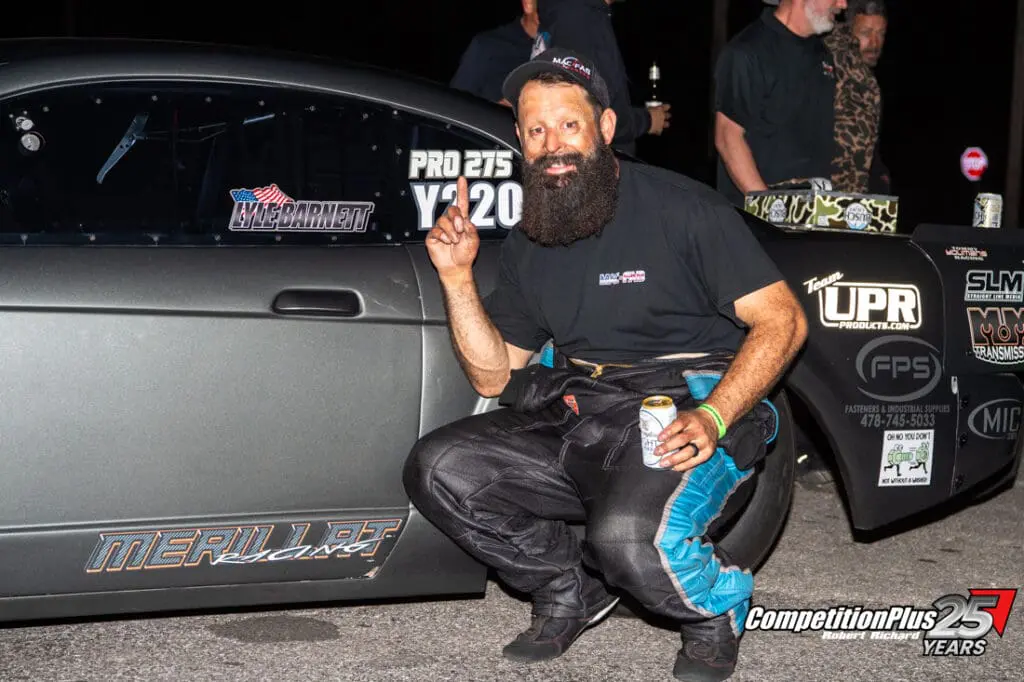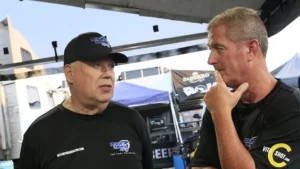Doug Foley still feels the absence of Tim Lewis every time he enters the pit area.
Lewis, a quiet but influential figure behind Foley’s drag racing career, died in March 2025. Foley credited his longtime friend and partner as “the glue that held it together.”
“He was the quiet guy that kind of sat back,” Foley said. “When he had an opinion on something, he’d call me. Very rarely, even at the track, we would talk and have fun at the track, but he’d call me and we’d talk about it. And he was very insightful. He was a quiet guy, and he was a funny guy. But this pit is totally different without him.”
Foley and Lewis began their professional relationship with a shared passion for drag racing that evolved into a long-term commitment to Top Fuel competition. Foley revealed their decision to move into the Top Fuel ranks came after a moment of clarity on a return flight from Dallas, where they had failed to qualify in their A/Fuel car.
“We realized that the A/Fuel cars were taking over, and we were like, ‘What the hell are we doing?’” Foley said. “Tim just said to me, ‘I don’t care what we do, but sell the car.’ So I sold the car and we just kept talking about it.”
In 2003, Foley attended an IHRA race in Rockingham and began conversations with drivers and team owners, including Clay Millican and his crew chief, Mike Kloeber, and Bruce Litton. He began to see a path into Top Fuel and shared the idea with Lewis.
“I went to Tim and I said, ‘What do you think about Top Fuel?’ And he goes, ‘I think you’re nuts.’ And I showed it to him on paper, and he gave me the blessing. And the rest is history,” Foley said.
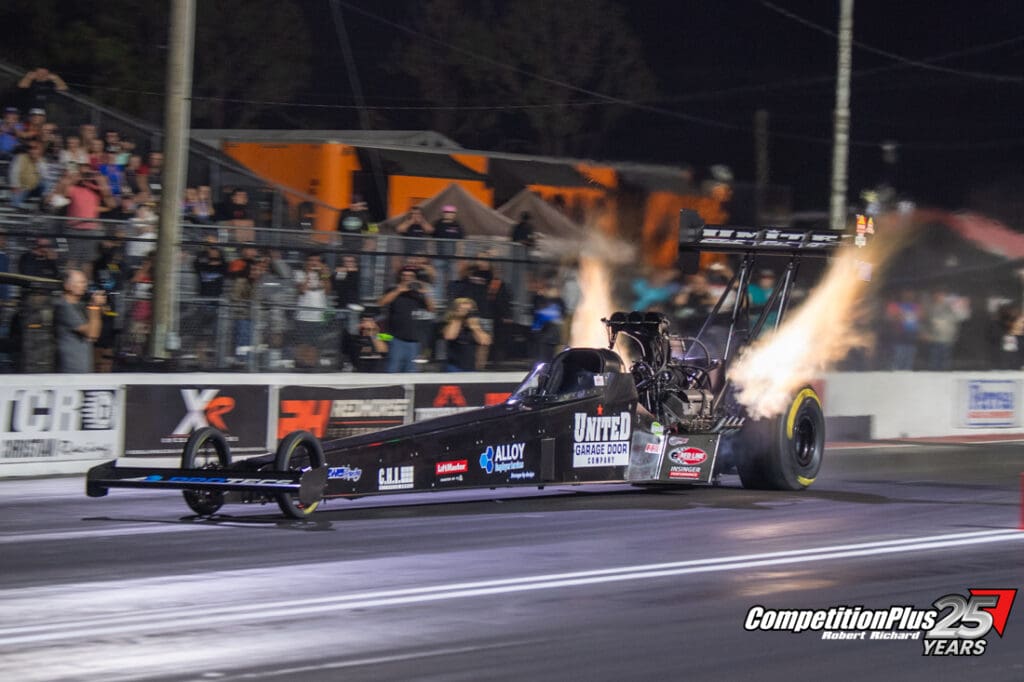
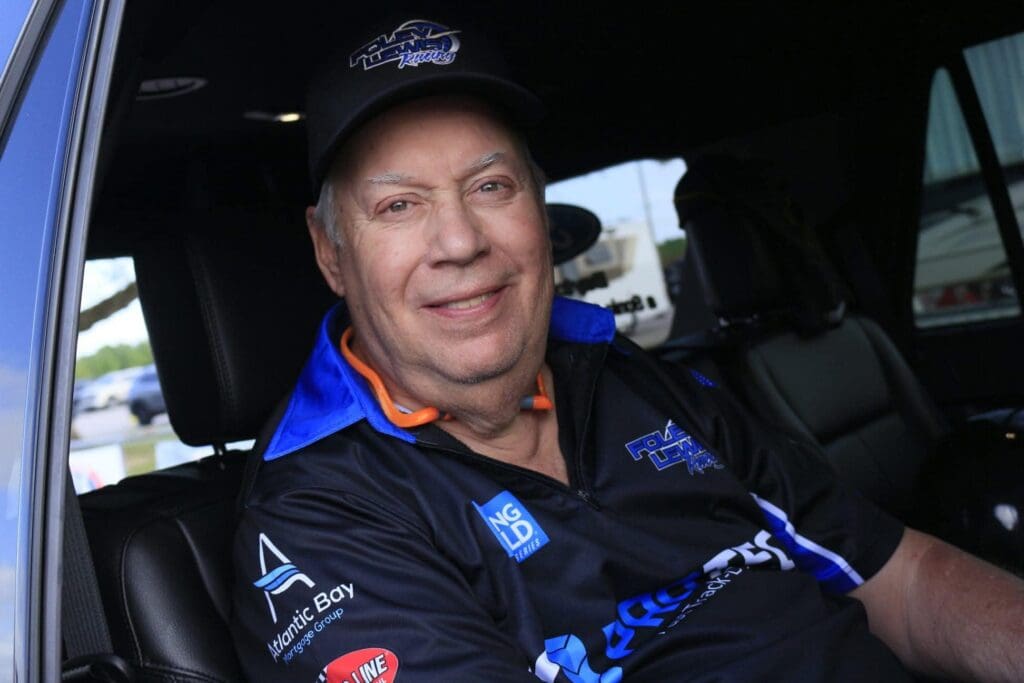
Lewis’s approval marked a turning point for Foley, who described Top Fuel as something he had always aspired to. Though Lewis had his reservations, his support set Foley on a trajectory that would define his professional career.
Foley said Lewis was more than just a team partner; he was a close friend and confidant who guided with a calm demeanor and sharp insight. Their final meaningful conversation came as Foley drove to the PRO Superstar Shootout in Bradenton earlier this year.
“We spoke like we were buddies, almost like, and we actually even said it, ‘Why don’t you jump on a plane?’” Foley recalled. “And he’s like, ‘Ah.’ And that was the last good conversation. I had a couple afterwards that weren’t as quality, and he wasn’t really there, but we had a great conversation. He was excited to start the season and all of that.”
Foley said Lewis could sense that his time was nearing an end, though Foley was not ready to accept it. “He could foresee that he was going to leave this earth, and I didn’t want to listen,” Foley said.
The loss has left a significant void in Foley’s life, both personally and professionally. He said Lewis was “probably the most influential person in my life.”
Lewis reportedly died of multiple health complications.
“I think in his mind he lived a really good life, and was very content with what he accomplished and all of that,” Foley said. “And I wish he could’ve waited until he got our first NHRA win. I really wish he would’ve, but he just felt it was time to go, and it was a decision he made.”

As Foley continues the 2025 NHRA season without his longtime collaborator, he carries forward not only Lewis’s memory but also the foundation they built together. The team remains on track, though its dynamics have changed permanently.
From the early days of selling their A/Fuel car to pursuing the Top Fuel dream, Lewis’s role was not always public, but it was pivotal. Foley continues to feel the effects of that absence as he tries to lead his team through a new era.
“He was really the glue,” Foley said. “There’s no other way to put it.”





